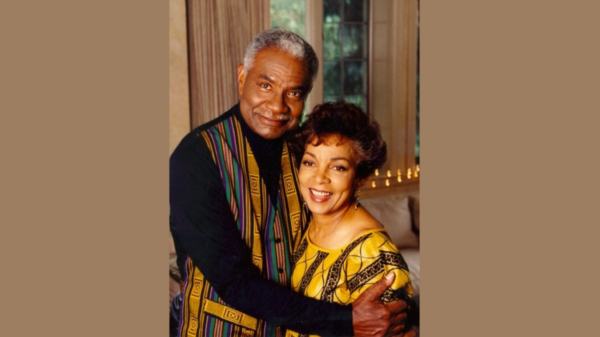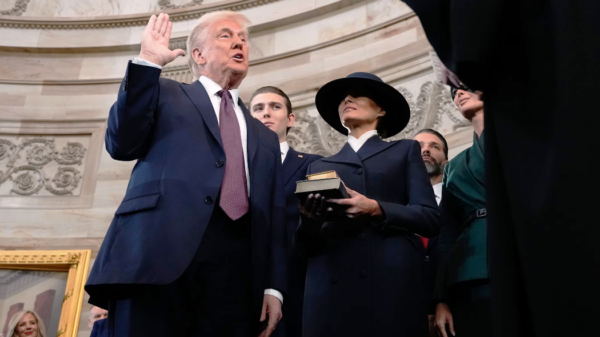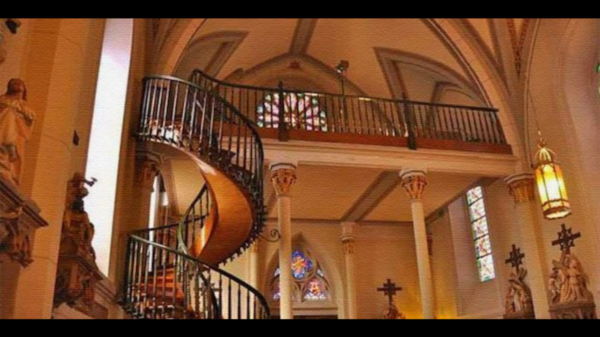By Marc Morial
“Restaurants are places where people from different walks of life gather for nourishment, social interaction, and an opportunity to be-long to a community. These things go to the heart of what it means to be American. Segregationists were heavily invested in preventing interracial dining from becoming a widespread reality because it spoke to something even deeper: When people sit down together for a meal, they can’t help but recognize the humanity of those eating with them. In addition, when people prepare food for you, they are letting you know that they care for your survival. In essence, cooking is an act of love.”
— Soul Food Scholar Adrian Miller
In my beloved hometown of New Orleans, a restaurant is so much more than just a place to get a bite to eat. It is the beating heart of a neighborhood, a refuge, both an archive for history and culture and a laboratory for innovation.
This is true in many communities across the nation, of course. But New Orleans’ unique blend of ethnicities and heritage that is known as Creole is best expressed through our cuisine and our restaurants. That’s why I’m so proud that the Black Restaurant Accelerator (BRA), a joint initiative of the National Urban League and the PepsiCo Foundation, this week marks the milestone of its first 100 grant recipients with the soft opening of a new restaurant in New Orleans, made possible by the program, that breathes new life into a century and a quarter of New Orleans’ Creole tradition.
The Black Restaurant Accelerator is a five-year, $10 million commitment from the PepsiCo Foundation in partnership with the National Urban League to preserve and support Black-owned restaurants, and has been a lifeline for many across the nation who continue to experience the impact of the pandemic.
The historic Vaucresson Sausage Company, which has operated under three generations in the historic 7th Ward since 1899, is launching Vaucresson Creole Café & Deli with the BRA’s support of the program, illustrating and highlighting the progress of grant recipients in 11 other cities. Fellow Louisiana establishments in-
clude Addis Nola, Beaucoup Eats, Ray’s on The Avenue, and Taste & See Personal Chef Services.
It’s especially significant that we’re making this announcement at Vaucresson’s on Monday, during the annual New Orleans Jazz & Heritage Festival, as Vaucresson’s is the last remaining food vendor to have served the original New Orleans Jazz & Heritage Festival three decades ago.
National Urban League and Pep-sico Foundation launched the Black Restaurant Accelerator a year ago as the COVID-19 pandemic was wreaking devastation on communities of color. The pandemic hit Black-owned businesses the hardest, with 58% already facing financial distress. The effects of the pandemic also saw Black business ownership decline by more than 40% in the U.S. — the most significant drop across any ethnic group. In New Orleans, many had to make difficult decisions about the future of businesses that have been in their families for generations.
Black-owned restaurants hold a special place in the history of the civil rights movement. Along with Black churches, they were among the few places where it was safe for organizers and activists to meet and plan strategy, and they often fed civil rights workers for free. My own parents, civil rights leaders in Jim Crowera New Orleans, spent many hours at Dooky Chase’s Restaurant.
“The strategizing that went on there, over bowls of Leah Chase’s hot gumbo and red beans and rice, helped to undercut the legal foundations of Jim Crow,” my mother, Sybil Haydel Morial, wrote in her memoir, “Witness to Change: From Jim Crow to Political Empowerment.”
Dookie Chase’s is now a landmark of the civil rights movement, along with establishments like Paschal’s in Atlanta, Brenda’s Bar-B-Que Pit in Montgomery, Alabama, and The Four Way in Memphis. Who knows what history could be made in one of our Black Restaurant Accelerator establishments?
Marc Morial is president/CEO of the National Urban League.









You must be logged in to post a comment Login